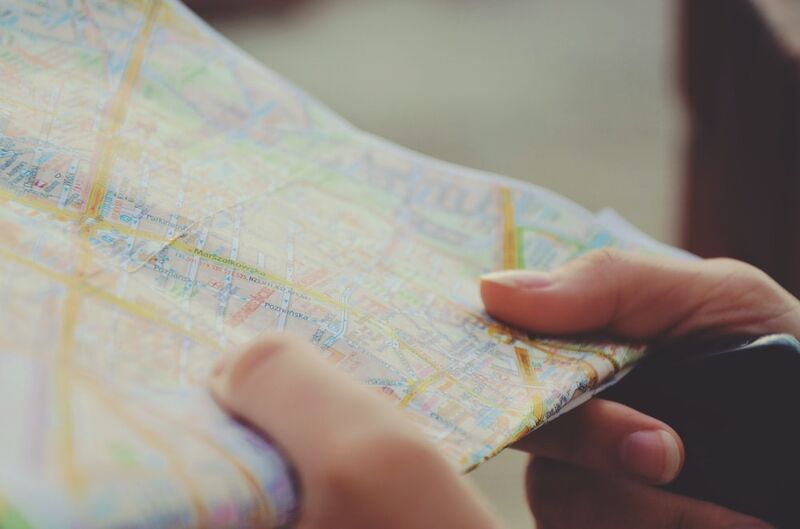
My husband and I had the opportunity to visit the beautiful city of Paris many years ago. We chose to stay in a cozy little Auberge (inn) located in the suburbs many kilometers outside of Paris. With our adventurous (and naive?) spirit, we planned a trip into Paris feeling confident in our ability to navigate the train station, oblivious to any barriers that we might encounter. And of course, everything was written in the French language, and guess what - neither one of us spoke or read French (guess we made an assumption that there would be English subtitles for the American tourists)! After trying to communicate with the ticket agent in our native English and his native French, we took off, confident we knew where we were going.
Once we settled in on the train, we listened for each announcement at each station, patiently awaiting the name of the stop we expected to hear. I don’t know if you’ve ever heard native French, but it sounds nothing like the way Americans try to speak it. So after about an hour, the train comes to a stop. There is an announcement. Everyone disembarks. Except us. Then the lights go out. We’ve come to the end of the line. Whether we planned to or not.
We're sitting there alone, in the dark, wondering where we are and where to go next. We do have a map (albeit French), so we go up to the ground level to find an intersection to orient ourselves as to where we were and where we wanted to go. I have no sense of direction, so I totally relied on my husband. After going over the local directions, and re-visiting the map several times, we were able to develop a plan. The good news is that we did find our way eventually to where we wanted to be and had a wonderful visit in the lovely and historic city. We took a taxi back to the Auberge (don’t ask me to pronounce that) 😊.
How does this relate to the ADA, you're wondering? In July, our country celebrates two very important events in the life of America. July the 4th is Independence Day, where the founding fathers provided a declaration – a map of sorts – of the beginning of a new nation. And on July 26, 1990, recognizing a tremendous need in our country for accessibility, the Americans with Disabilities Act (ADA) was passed by a bi-partisan congress. It was a very broad and far-reaching law that designed a plan for inclusion for citizens with disabilities in our country. This was a map given to help navigate the sometimes-confusing issues related to disability and civil rights. As a country, do we always get it right? NO!! But thank goodness we can re-visit the map we have and keep trying to do better.
With some orientation, we can all take part in the implementation of the ADA, making this country available to everyone. And because the ADA “language” can be confusing at times, there are even “train stations” available to help understand it. Those stations are the ADA National Network, of which the Rocky Mountain ADA Center is proud to be a part. Take advantage of our “maps” to learn more about the history of the disability rights movement and the ADA with free training on our website Training | Rocky Mountain ADA.
Happy Anniversary USA, and Happy Anniversary ADA!